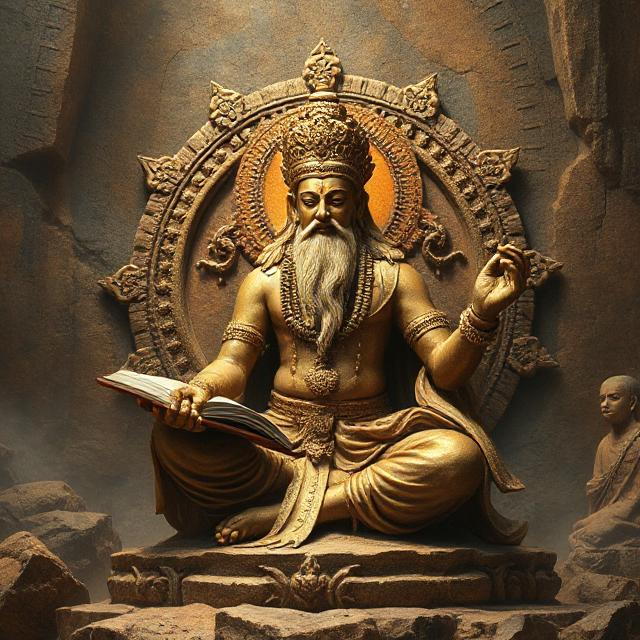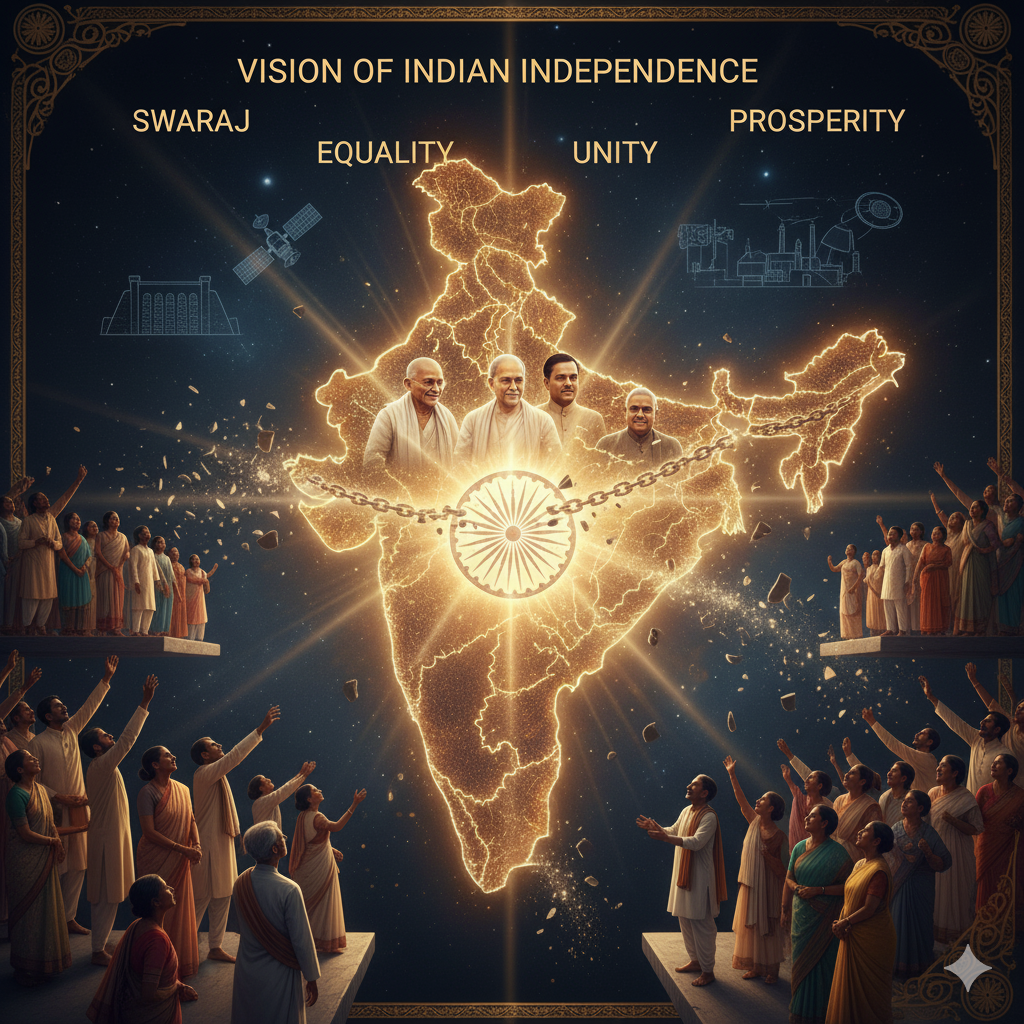Introduction
India, known as “Vishwaguru” or the “Teacher of the World,” has been a center of knowledge, wisdom, and innovation for thousands of years. Ancient Indian scholars and sages contributed immensely to various fields such as mathematics, astronomy, medicine, philosophy, and spirituality. The depth of knowledge preserved in Indian scriptures, universities, and traditions made India a beacon of intellectual and scientific advancements in the ancient world. This article explores the key aspects of ancient Indian knowledge that established India as “Vishwaguru.”
1. Ancient Indian Education System
1.1 Gurukul System: Holistic Education
- The Gurukul system was the foundation of ancient Indian education, where students (shishyas) lived with their teachers (gurus) and learned through direct experience.
- Emphasis was placed on moral values, discipline, self-reliance, and character building.
- Subjects included Vedas, Upanishads, Ayurveda, mathematics, astronomy, philosophy, and warfare.
1.2 Renowned Universities
- Takshashila University (6th century BCE): The first known university in the world, attracting students from China, Greece, and Persia.
- Nalanda University (5th century CE): A global center for higher learning with over 10,000 students and 2,000 teachers.
- Vikramashila and Valabhi Universities: Prominent centers of Buddhist and Vedic education.
2. Contributions in Science and Mathematics
2.1 Mathematics and Astronomy
- Concept of Zero: Indian mathematician Aryabhata (5th century CE) introduced the concept of zero and the decimal system.
- Place Value System: The modern numeral system (Hindu-Arabic) originated in India.
- Pi and Trigonometry: Baudhayana and Aryabhata calculated the value of pi and developed trigonometric functions.
- Heliocentric Theory: Aryabhata suggested that the Earth rotates on its axis and revolves around the Sun, centuries before Copernicus.
2.2 Ayurveda and Medicine
- Charaka Samhita (by Charaka) and Sushruta Samhita (by Sushruta) are foundational texts in Ayurveda.
- Plastic Surgery: Sushruta is regarded as the “Father of Surgery” for his advancements in reconstructive surgery.
- Herbal Medicine: Ayurveda provided knowledge on over 700 medicinal plants.
2.3 Metallurgy and Engineering
- Iron Pillar of Delhi: A 1,600-year-old iron pillar that has resisted corrosion due to advanced metallurgy techniques.
- Zinc Extraction: India was the first to develop zinc smelting techniques.
- Temple Architecture: Precision engineering in temples such as Brihadeshwara Temple and Konark Sun Temple.
3. Philosophy, Spirituality, and Ethics
3.1 Vedas and Upanishads
- The Vedas (Rigveda, Yajurveda, Samaveda, Atharvaveda) provided profound knowledge on cosmology, rituals, and ethics.
- Upanishads explored metaphysical questions about the self (Atman), universe (Brahman), and reality.
3.2 Bhagavad Gita and Dharma
- The Bhagavad Gita teaches selfless action, duty (dharma), and righteousness.
- It influenced world leaders like Mahatma Gandhi, Aldous Huxley, and Albert Einstein.
3.3 Yoga and Meditation
- Patanjali’s Yoga Sutras provided a structured approach to mental and physical well-being.
- Meditation techniques such as Vipassana and Raja Yoga gained global recognition.
4. Political and Economic Systems
4.1 Arthashastra by Chanakya
- A comprehensive treatise on statecraft, governance, economics, and military strategy.
- Advocated policies for efficient administration and trade regulation.
4.2 Ancient Trade and Commerce
- India was a major center for Silk Road trade connecting Asia, Europe, and Africa.
- Indian merchants traded spices, textiles, and gems, making India one of the wealthiest civilizations.
5. Literature, Arts, and Music
5.1 Sanskrit Literature
- Mahabharata and Ramayana: Two of the greatest epics providing cultural and ethical insights.
- Kalidasa’s Works: Plays like Shakuntala are masterpieces of Sanskrit literature.
5.2 Classical Music and Dance
- Natya Shastra by Bharata: The foundation of Indian dance and drama.
- Carnatic and Hindustani music: Developed intricate ragas and tala systems.
5.3 Ancient Painting and Sculpture
- Ajanta and Ellora Caves: Murals showcasing advanced artistic skills.
- Temple Carvings: Exquisite sculptures in Khajuraho and Hampi.
Conclusion
Ancient Indian knowledge was deeply rooted in scientific advancements, philosophical wisdom, and artistic excellence. India’s status as “Vishwaguru” was not just because of its wealth but due to its ability to enlighten the world with profound knowledge. Even today, Indian contributions in yoga, Ayurveda, mathematics, and philosophy continue to influence global thought. By embracing and reviving this legacy, India can once again establish itself as a leader in wisdom and knowledge for the world.




